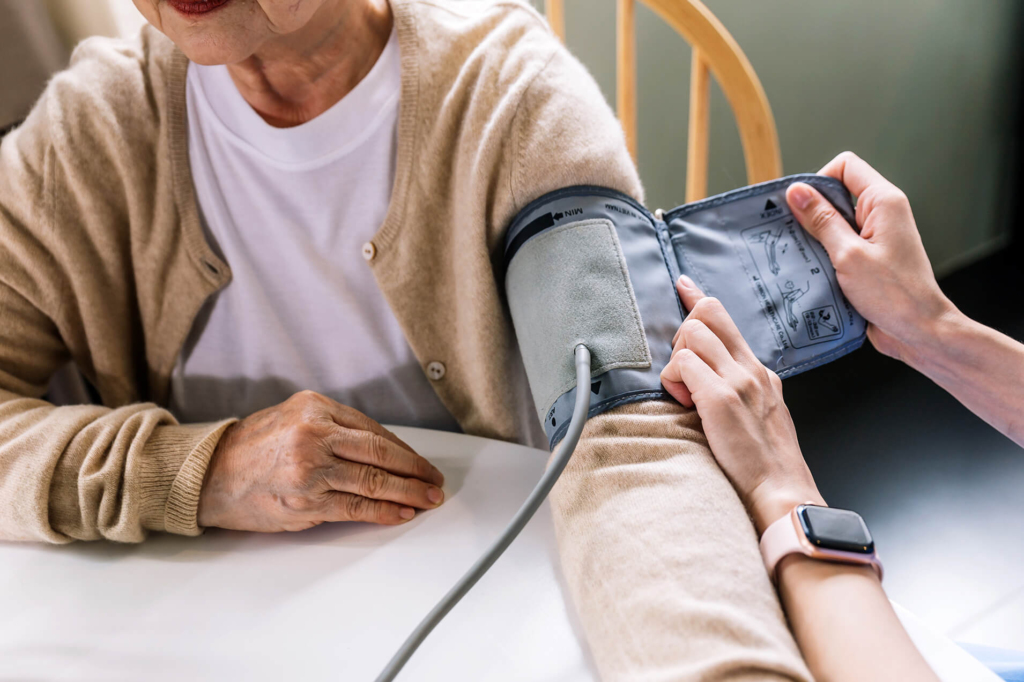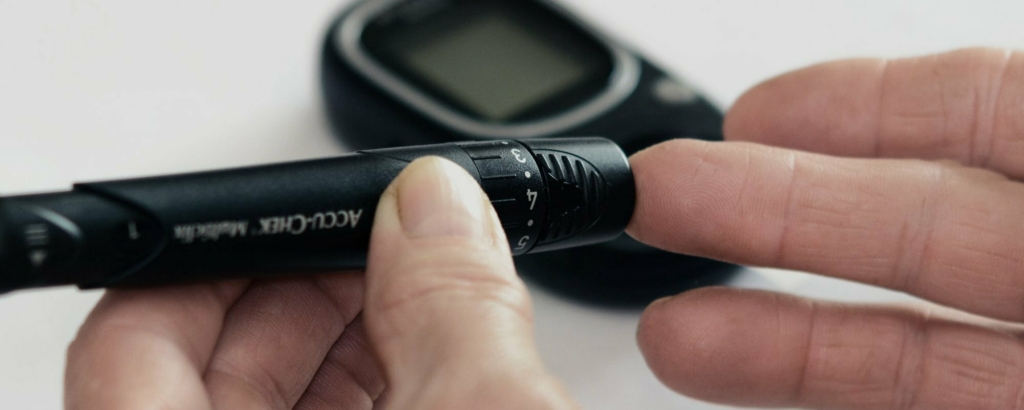
Diabetes symptoms
Although they may not always be obvious, some symptoms may be warning signs of diabetes and appear before receiving a diagnosis from a physician. These symptoms can also reappear when your blood sugar levels are not under control and if you have hyperglycemia.

Diabetes types
First of all, diabetes is a chronic disease. This means that it cannot be cured, but it can be managed.

Possible Complications of Diabetes
There are a number of possible complications of diabetes due to the fact that excess glucose can end up in certain organs, including kidneys, nerves and blood vessels, damaging them over time. So, uncontrolled blood sugar can lead to serious complications.

5 ways to balance your blood sugar every day in case of diabetes
Of course, diabetes is a chronic illness that cannot be cured, but there are different ways you can stabilize your blood sugar and keep the disease under control. So, here are few things you can do every day to balance your blood sugar.

Food and diabetes management
Food plays a critical role in managing blood sugar and promoting healthy weight management. In fact, a balanced and varied diet can help you prevent and control diabetes.

Learning to live with diabetes
Accepting a diabetes diagnosis can be similar to going through the grieving process: you must learn how to live with your new reality. Some people will need more time to adapt, while others will take action right away. The key is to go at your own pace and find support to help you accept your condition.

Diabetes
Diabetes is a disease caused by the body’s inability to produce or correctly use insulin, a hormone needed by the body to process energy provided by food and used in cells and tissues.
When insulin is not available to process this energy from food, high levels of glucose (sugar) build up in the blood, which causes damage over the long term. There are several types of diabetes, but the two most common are called “type 1 diabetes” and “type 2 diabetes.”

Frequently asked questions
You got more questions?
However, here are some general tips:
- Monitor your blood sugar levels
- Understand your medications
- Follow your treatment plan
- Take the correct dosage
- Follow dietary guidelines
- Avoid self-medication
- Be aware of drug interactions
- Be consistent and punctual
- Be cautious of missed doses!
In case of doubt, come see us; it's worth it!
With insulin, the most common side effects are hypoglycemia (low blood glucose levels counteracted by sugar intake) and weight gain (which can be managed through diet and an active lifestyle).
For more information, come see us!
Here are some tips:
- Choose quality carbohydrates
- Monitor portion sizes
- Include lean proteins
- Choose healthy fats
- Favor dietary fibers
- Distribute meals throughout the day
- Monitor your dietary reactions
- Avoid drastic diets
- Collaborate with a healthcare professional
For more information, come see us!
Think you may have diabetes? First symptoms can appear suddenly (type 1) or progressively (type 2).
Type 1 diabetes symptoms
frequent urge to urinate
abundant urine
excessive thirst
excessive appetite and weight loss
visual impairment
significant fatigue
Type 2 diabetes symptoms
frequent urge to urinate
excessive thirst
slowed healing of wounds
fatigue
blurred vision
recurring infections
Want to have your blood glucose tested?
Insulin
Insulin is mostly taken by people living with type 1 diabetes. It must be refrigerated prior to opening. Once open, insulin may be stored at room temperature for one month. Extreme temperatures (frost, sun, etc.) must be avoided.
GlucagonThis emergency solution is given by injection or administered intranasally to people who are treated with insulin and are suffering from severe hypoglycemia with loss of consciousness. If a person treated with glucagon remains unconscious 10 to 15 minutes following its administration, dial 911.
Antihyperglycemic agentsThese medications serve to lower blood glucose levels. To tackle a hypoglycemia event, you should keep a source of fast-absorbing carbohydrates ready at hand.
Hyperglycemic agentsCertain medications (e.g., prednisone or cortisone) raise blood glucose. Their administration and cessation must be supervised by a healthcare professional—such as your Accès pharma pharmacist.
Questions?

